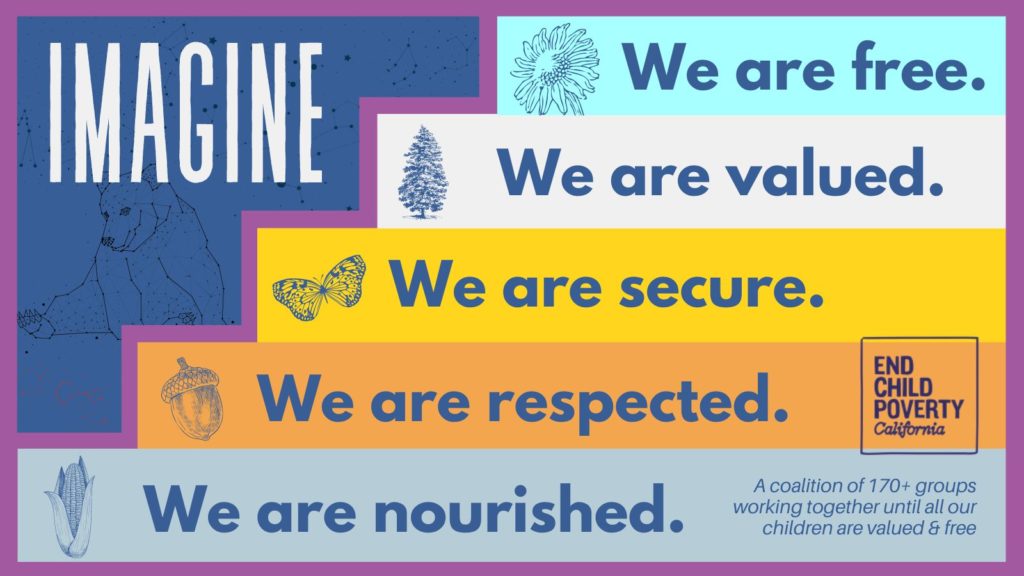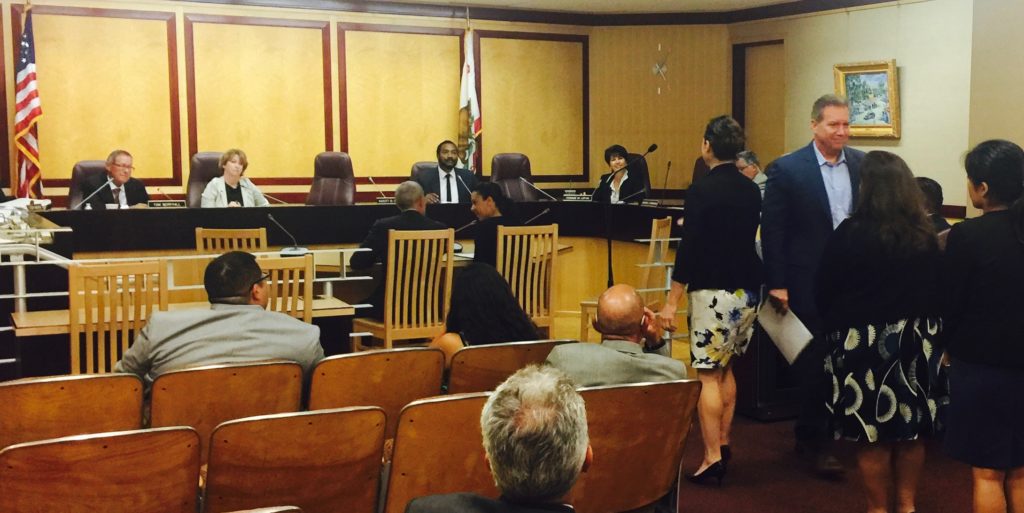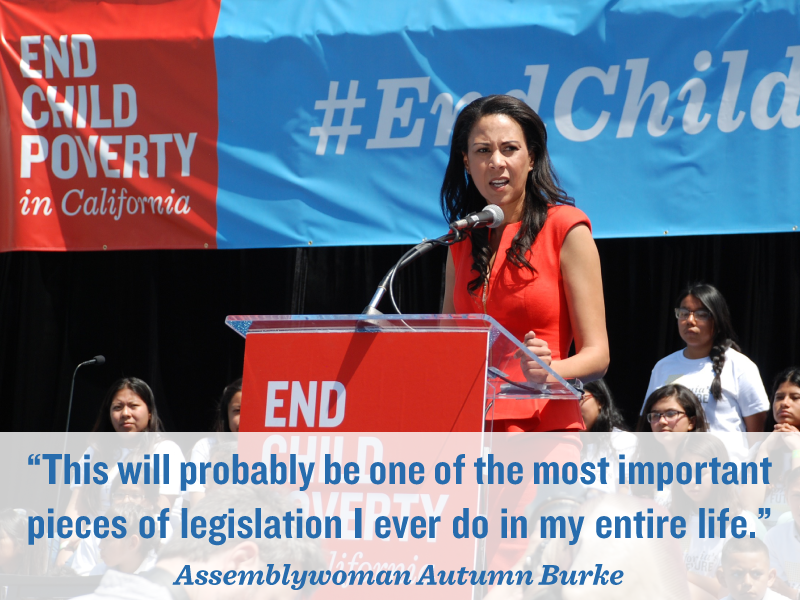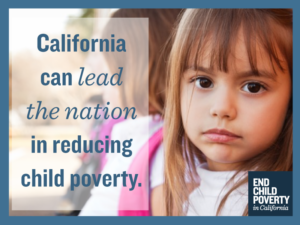Successful ECPCA Member Briefing! Thank you!
To see highlights from the day: Click here for Twitter, here for Facebook, and here for Instagram!
What a joy and pleasure it was to be joined by our partners, family and community leaders, and our legislators at the Lifting Children & Families Out of Poverty Legislative Briefing! Our community came together in the State Capitol to make our voices heard. We’re ready to take action on the issues facing Californians living in poverty in 2023.
We know that poverty is a policy choice. We also know the solutions to end it.
Thank you to Senator Nancy Skinner, Civil Rights Leader Dolores Huerta and all who spoke for your show of support and powerful words. Take a look at the full list of speakers below. We value our leaders who prioritize support for ALL California children!
“People don’t appreciate that families are living on the edge, and the toxic stress that poverty places on them and their children and families. It is imperative we prioritize ending poverty even in a year when we may be in deficit.”
Senator Nancy Skinner
“We cannot continue to brag about what a great state we are, if we don’t share the wealth. We need to bring the money back to the people who create it. My question to you all is, ‘Are you ready to do the work?’”
Dolores Huerta
Our coalition is ready for action in 2023. We will continue to lift each other up and push for policies that lift children and families out of poverty for good!
__________
Thank you to our speakers!
Senator Nancy Skinner
Civil Rights Leader, Dolores Huerta
Gia Mclean, Parent Voices
Maritza De León, Parent Voices
Josefina Ramirez Notsinneh, Children Now
Tiffany Whiten, California State Council of SEIU
Mayra Alvarez, The Children’s Partnership
Itzúl Gutierrez, California Association of Food Banks
Joel Campos, Second Harvest Food Bank of Santa Cruz County
Alexis Castro, California Immigrant Policy Center
Mónica Lazo, Golden State Opportunity
Mandy Nand, United Ways of California
Christopher Sanchez, Western Center on Law & Poverty
While we couldn’t live stream the event, the recording is on YouTube and also can be viewed on Senator Skinner’s website.
Lifting Children & Families Out of Poverty Member Briefing
Introductions & Opening Remarks
- 0:00: Andrew Cheyne, GRACE & ECPCA
- 2:30: Senator Nancy Skinner
- 10:29: Gia Jones, Parent Voices CA (Q&A with Gia starts at 14:00)
- 17:28: Shimica Gaskins, GRACE & ECPCA
- 21:54: Devon Gray, EPIC
- 27:06: Chris Hoene, California Budget & Policy Center
- 34:29: Camila Chavez, Dolores Huerta Foundation
- 41:15: Dolores Huerta, Dolores Huerta Foundation
Policy Area Presentations
Early Care and Education
46:45: Maritza de León, Parent Voices
50:25: Josefina Ramirez Notsinneh, Children Now
Labor
53:13: Tiffany Whiten, California State Council of SEIU
Health Care and a Whole Child Approach
58:18: Mayra Alvarez, The Children’s Partnership
Hunger Cliff and Anti-Hunger Priorities
1:04:19: Itzúl Gutierrez, California Association of Food Banks
1:07:00: Joel Campos, Second Harvest Food Bank of Santa Cruz County
Safety Net 4 All
1:11:20: Alexis Castro, California Immigrant Policy Center
Tax Credit Equity
1:15:39: Mandy Nand, United Ways of California
1:18:46: Mónica Lazo, Golden State Opportunity
Access to Justice
1:21:30: Christopher Sanchez, Western Center on Law and Poverty
Reimaging CalWORKs
1:23:48: Andrew Cheyne, GRACE & ECPCA






